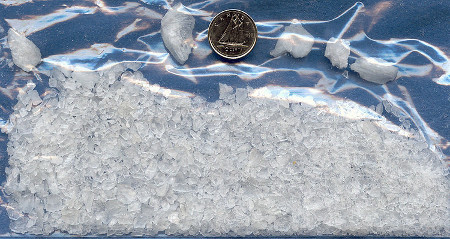Amphetamine, also known as “Speed”, is a stimulant that is quite easy to synthesize, which has contributed to its widespread use.
A Brief History Amphetamine
Amphetamines were developed in the late 1800’s, but were not used until the 1920’s. Around that time, medical professionals discovered the benefits of amphetamines. They learned that the drug widened airways, and therefore could treat asthma, allergies, and colds. It was also discovered that amphetamines helped people stay awake and alert and was given to soldiers during the war. The drug was available legally and was being purchased by housewives and other people who sought the effects of the increased energy and suppressing of the appetite that amphetamine provided.
In the 1970’s restrictions on the drug were enforced; it was only allowed in certain medicines. Today, a prescription containing amphetamines may be given to people with narcolepsy and ADHD.
What is Methamphetamine?
Methamphetamine is a derivative of amphetamine. Common names for methamphetamine include “Meth”, “Crystal”, “Glass”, “Crank”, “Tweak” and “Yaba”. It was developed in the 1950’s and was prescribed to people with depression, alcoholism, Parkinson’s, and obesity. The public caught onto methamphetamine rather quickly and began to use it to stay alert and/or lose weight. Eventually it began to be heavily used by people, especially those working in the trucking industry. In 2000, a study was done and approximately 5% of people in the USA had used methamphetamines or were still using; the actual number is thought to be much greater.

The Effects of Amphetamine and Methamphetamine
Both drugs are psycho stimulants, meaning they increase a person’s ability to stay awake and even increase focus. Both raise the levels of norepinephrine and dopamine in the brain. When these chemicals are increased, a person will feel a sense of euphoria and an increase in energy.
Differences Between Amphetamine and Methamphetamine
Both amphetamine and methamphetamine may be prescribed in medication, but methamphetamine is be considered more powerful, and more addictive. The FDA indicates that the limited therapeutic usefulness of methamphetamine should be weighed against the inherent risks associated with its use. Methamphetamine is associated with a higher potential for misuse.
Amphetamine/Methamphetamine Test Kit
To test whether or not a substance is likely (meth)amphetamine, we recommend our Meth/Amphetamine Test Kit. It includes the reagent test kits necessary to accurately identify meth and amphetamine.


